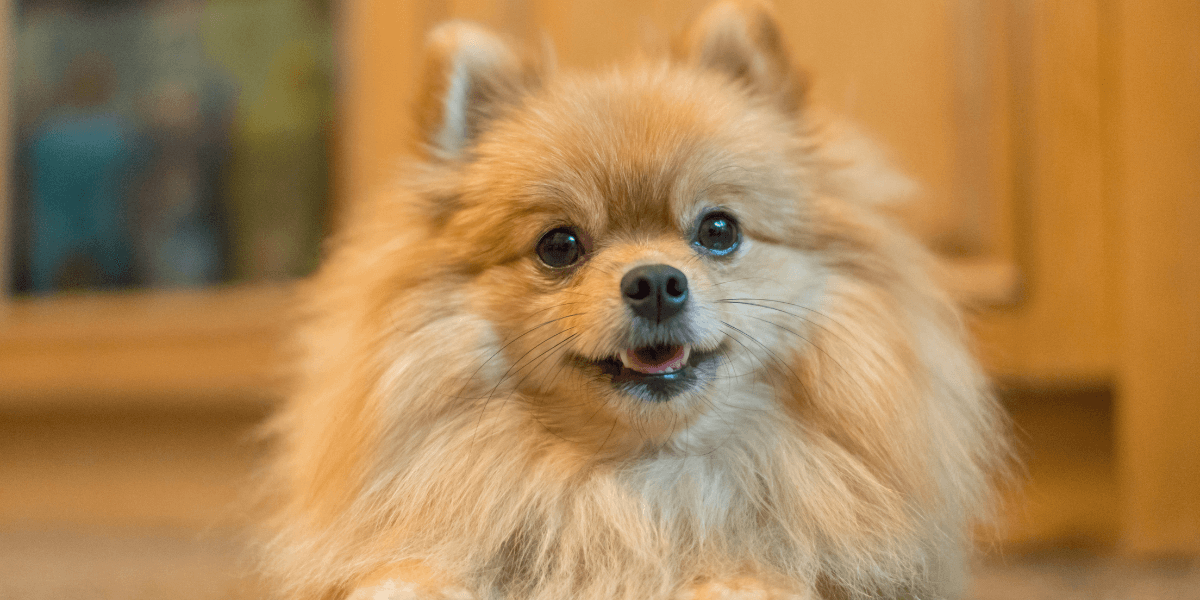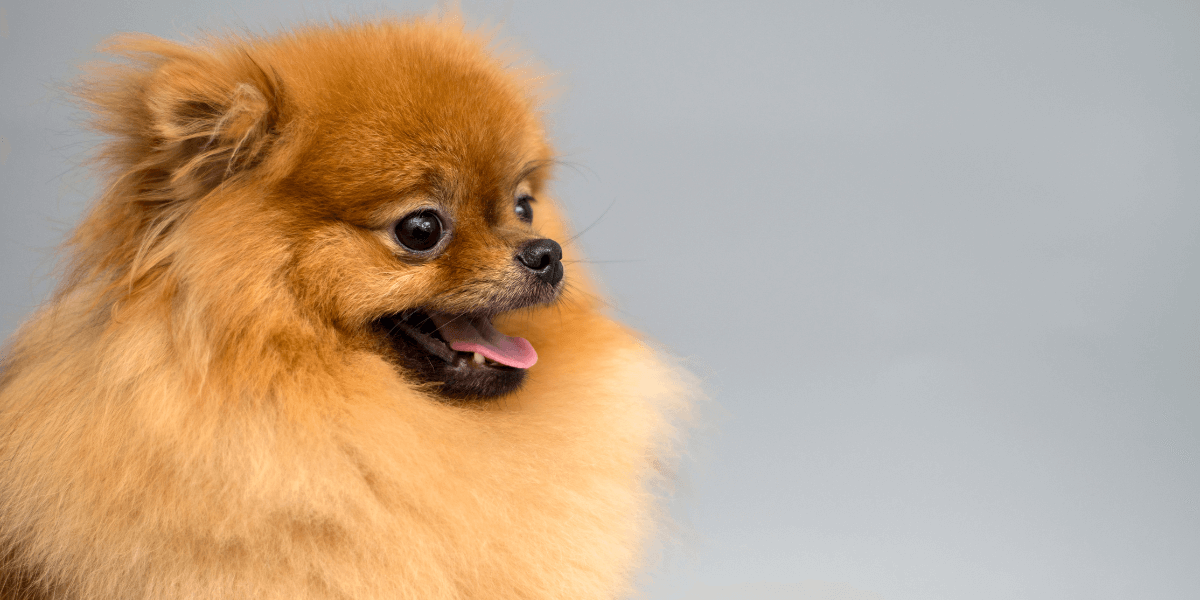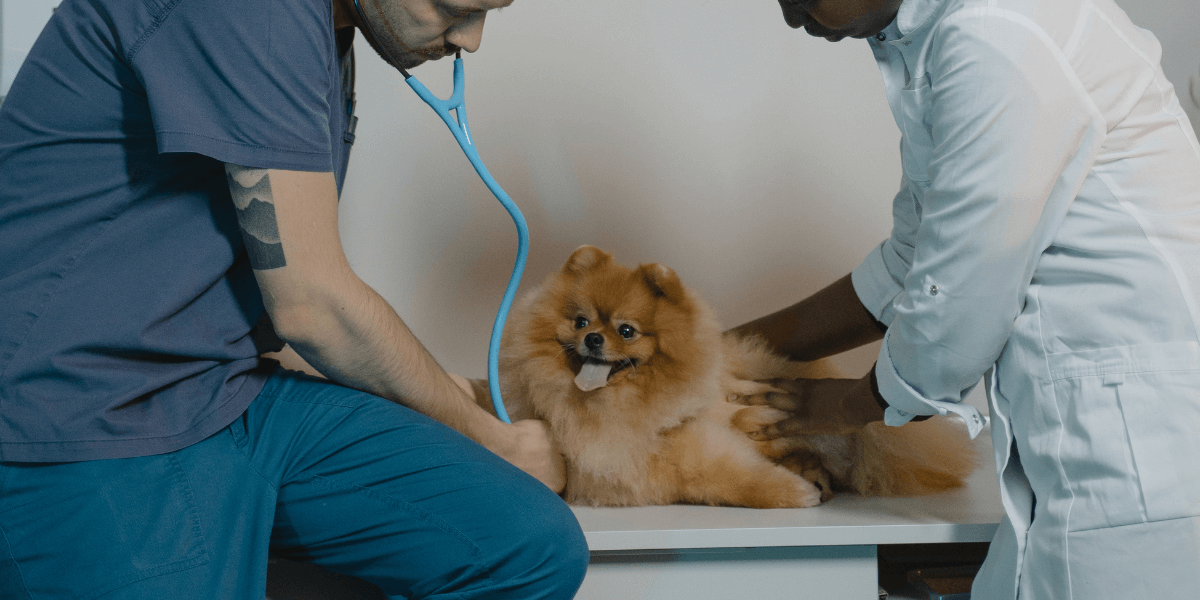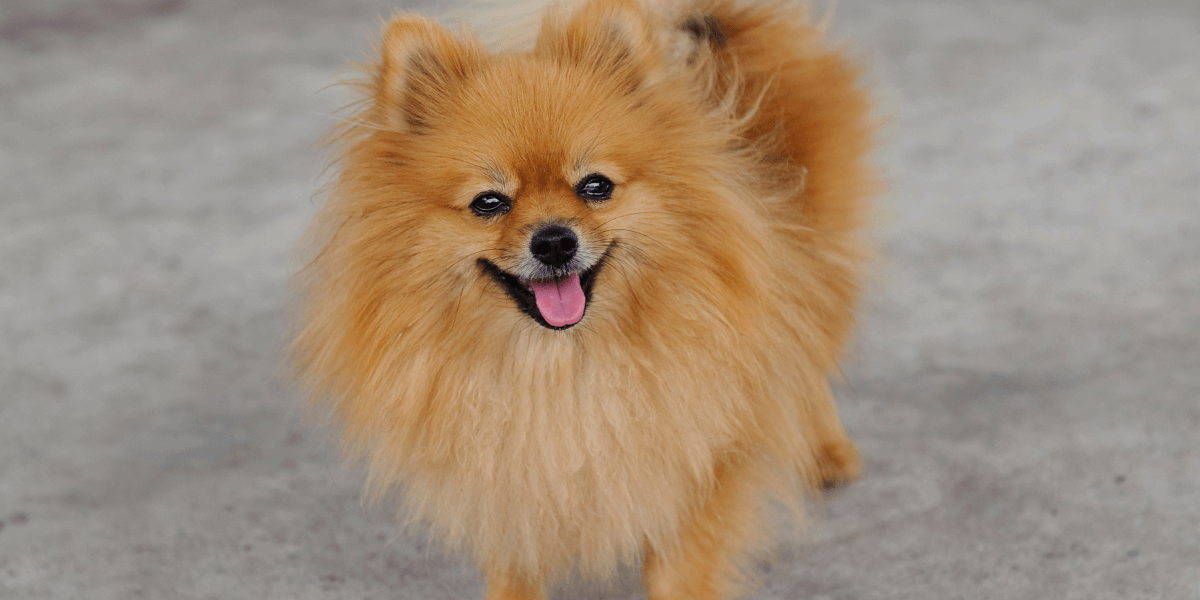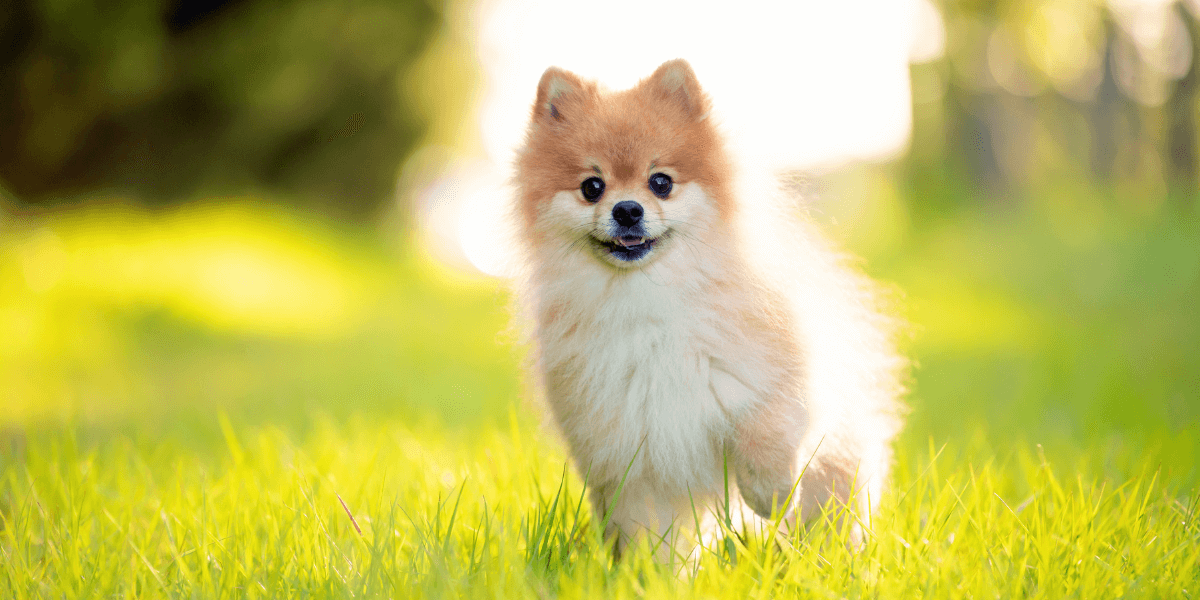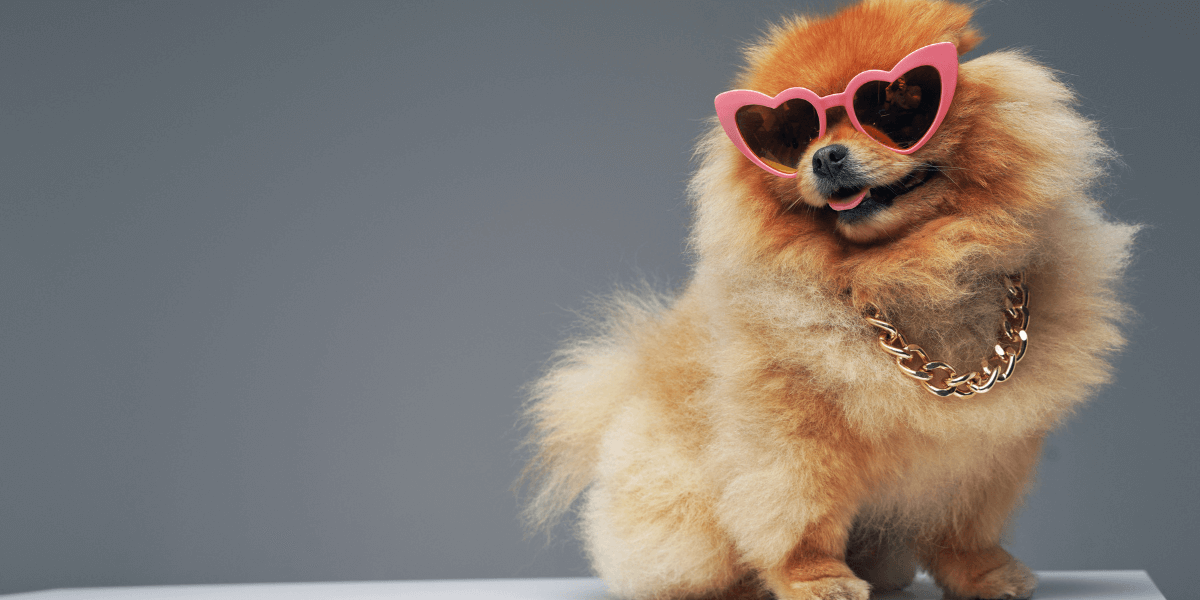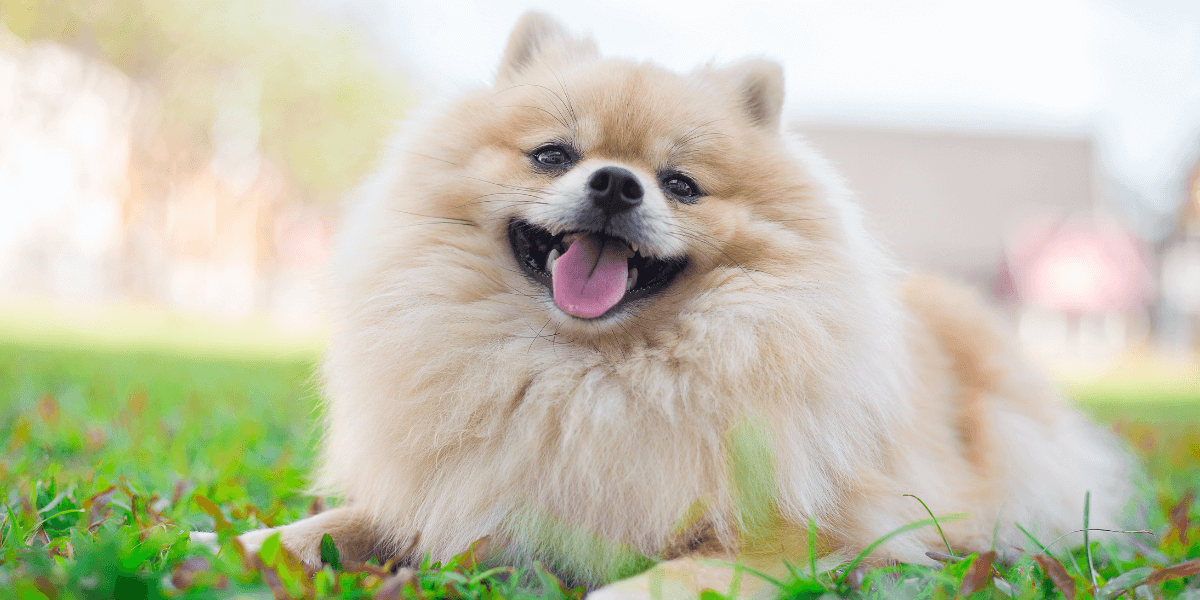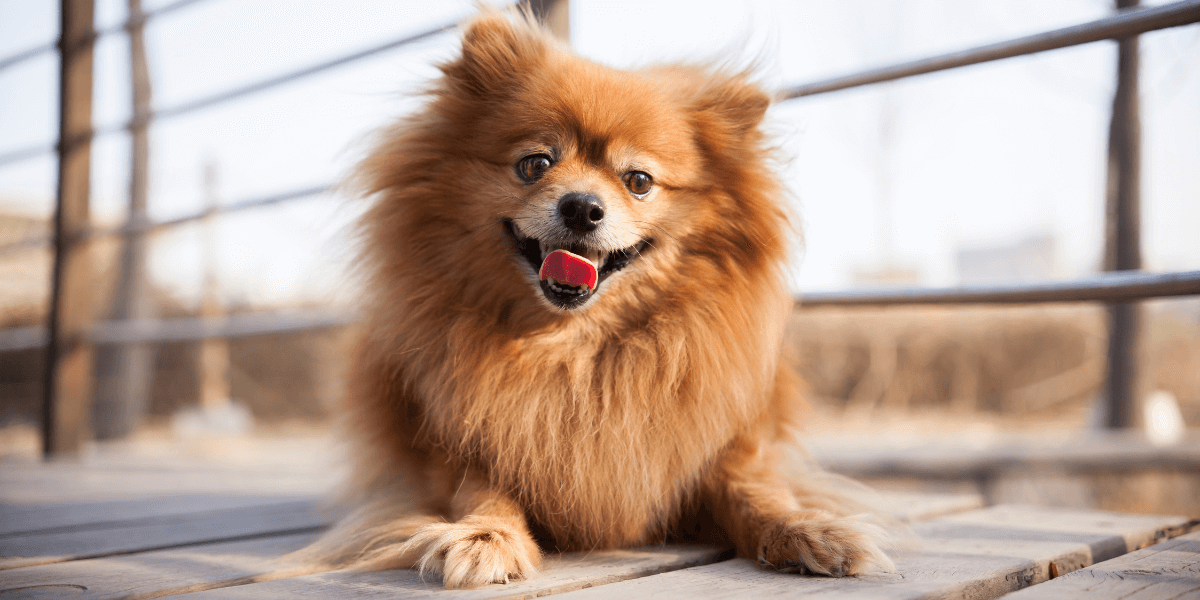Introduction
A Pomeranian is lively, but health concerns for Pomeranians are crucial to know.
- They may face unique health challenges despite their robust appearance
- Early detection of health problems can ensure a long, healthy life
- Owners must be aware of potential issues to provide the best care
- Preventive measures and prompt treatment can mitigate many health concerns
- Let’s explore the top 10 health concerns for Pomeranians and their prevention
1. Dental Issues
Pomeranians are prone to dental diseases which can lead to severe complications.
- Tartar buildup: Regular teeth cleaning can help prevent plaque and tartar buildup
- Tooth loss: Without proper care, Pomeranians may lose teeth at a young age
- Gum disease: Periodontal disease is common in small dogs like Pomeranians
- Bad breath: Halitosis often signals underlying dental problems
- Regular dental checkups: A yearly dental exam can help maintain oral health
- Chewing toys: Providing dental chews can help reduce tartar buildup naturally
2. Luxating Patella
A luxating patella occurs when the kneecap slips out of its normal position.
- Genetic predisposition: Many Pomeranians inherit this condition from their parents
- Exercise restriction: Limiting high-impact activities reduces the risk of injury
- Weight management: Keeping your Pomeranian at a healthy weight helps prevent strain
- Regular vet visits: Early detection of luxating patella can prevent severe issues
- Surgical correction: In severe cases, surgery might be necessary to correct the issue
- Joint supplements: Glucosamine supplements can help maintain healthy joints
3. Collapsed Trachea
Pomeranians are vulnerable to collapsed trachea, a condition that affects breathing.
- Chronic coughing: A honking cough is a common symptom of this condition
- Genetic predisposition: Pomeranians are more likely to develop this due to their size
- Avoid collars: Using a harness instead of a collar can prevent pressure on the trachea
- Weight control: Keeping your dog at a healthy weight can alleviate symptoms
- Minimize stress: Stress and excitement can worsen breathing problems
- Medications: Your vet may prescribe anti-inflammatory drugs to manage symptoms
4. Hypothyroidism
Health concerns for Pomeranians such as hypothyroidism cause weight gain and lethargy.
- Slow metabolism: Hypothyroidism leads to reduced energy and weight gain
- Dry skin: The condition often causes dry, flaky skin and thinning fur
- Regular blood tests: Routine blood tests can catch hypothyroidism early
- Thyroid medication: Daily medication helps manage thyroid hormone levels
- Healthy diet: Feeding a balanced diet can support your dog’s thyroid health
- Weight management: Managing your Pomeranian's weight is crucial for hypothyroidism
Learn about hypothyroidism in Pomeranians and compare it to common Great Dane health issues.
5. Allergies
Pomeranians are prone to allergies, including food and environmental triggers.
- Food allergies: Common food allergies include chicken, beef, and dairy
- Environmental allergies: Pollen, dust, and mold can trigger allergic reactions
- Skin irritation: Allergies often cause itching, redness, and inflamed skin
- Gastrointestinal issues: Food allergies may lead to vomiting and diarrhea
- Antihistamines: Vets may prescribe antihistamines to manage allergic symptoms
- Regular grooming: Frequent grooming helps remove allergens from their fur
6. Heart Disease
Pomeranians can develop heart conditions that may affect their overall well-being.
- Genetic predisposition: Heart disease is common in small breed dogs like Pomeranians
- Coughing: A persistent cough can indicate heart problems in Pomeranians
- Exercise intolerance: Difficulty exercising may be a sign of heart disease
- Heart murmur: Regular vet checkups can detect heart murmurs early
- Medication: Your vet may prescribe drugs to manage heart conditions
- Weight management: Keeping your dog at a healthy weight reduces the strain on the heart
Understand heart disease in Pomeranians and explore the best foods and supplements for Great Danes.
7. Eye Problems
Pomeranians are prone to several eye conditions that can affect their vision.
- Cataracts: This condition can cause cloudiness in the eyes, leading to vision loss
- Dry eye: Inadequate tear production can cause irritation and discomfort
- Glaucoma: Increased eye pressure can damage the optic nerve and lead to blindness
- Corneal ulcers: Scratches or injuries to the cornea can result in ulcers
- Regular eye exams: A yearly eye exam helps detect problems early
- Eye drops: Prescription eye drops can help manage conditions like dry eye
8. Skin Problems
Pomeranians are prone to a variety of skin issues that can cause discomfort.
- Alopecia X: This condition leads to hair loss, often in the dog’s coat
- Flea allergies: Flea bites can trigger allergic reactions, leading to intense itching
- Hot spots: These irritated, red areas can be caused by excessive licking or scratching
- Yeast infections: Moisture trapped in the skin folds can lead to fungal infections
- Regular grooming: Routine grooming helps keep the skin clean and free from irritants
- Vet-prescribed shampoos: Medicated shampoos can help manage skin conditions
Discover how to manage Pomeranian skin problems and get grooming tips for Bernese Mountain Dogs.
9. Hip Dysplasia
Pomeranians can have hip dysplasia, one of the health concerns for Pomeranians dogs.
- Genetic predisposition: Some Pomeranians inherit hip dysplasia from their parents
- Joint pain: Hip dysplasia can cause discomfort and limp in affected dogs
- Exercise restriction: Avoid high-impact activities to reduce stress on the hips
- Weight management: Maintaining a healthy weight can help ease pressure on the hips
- Physical therapy: Gentle exercises and therapy can strengthen the muscles around the hip
- Surgery: In severe cases, surgery may be necessary to correct the hip joint
10. Ear Infections
Pomeranians can be prone to ear infections due to their small ear canals.
- Ear wax buildup: Excessive wax can lead to ear infections and discomfort
- Moisture in ears: Moisture trapped in the ears can encourage bacterial growth
- Ear mites: These tiny parasites can cause intense itching and infection
- Head shaking: Frequent head shaking in your Pomeranian may signal an ear problem
- Regular ear cleaning: Clean your Pomeranian’s ears regularly to prevent infections
- Vet-prescribed treatments: If an infection occurs, your vet may prescribe ear drops
FAQs
1. What are the early signs of a collapsed trachea in Pomeranians?
- A dry honking cough and difficulty breathing are early signs of a collapsed trachea
2. Can Pomeranians outgrow luxating patella, or is surgery necessary?
- Mild cases may not need surgery but severe cases often require surgical intervention
3. How can I prevent dental problems in my Pomeranian?
- Regular brushing, dental chews, and vet checkups help prevent dental issues
4. How can I address health concerns for Pomeranians with a food allergy?
- Switch to a hypoallergenic diet and consult your vet for the best treatment plan
5. What causes hypothyroidism in Pomeranians, and how is it treated?
- Hypothyroidism is usually genetic and managed with daily thyroid medication
6. How do I know if my Pomeranian has heart disease?
- Coughing, lethargy, and exercise intolerance are signs of potential heart disease
7. Are Pomeranians prone to skin allergies, and how can I treat them?
- Yes, regular grooming and hypoallergenic products can help manage skin allergies
Conclusion
- Pomeranians are susceptible to various health issues requiring proactive care
- Health concerns for Pomeranians can be managed with regular vet checkups and care
- Maintaining a healthy weight reduces the risk of several common health concerns
- Preventive care like dental hygiene and joint supplements can enhance longevity
- Be mindful of symptoms such as coughing, lethargy, and itching to catch issues early
- A well-balanced diet and exercise are key to keeping your Pomeranian healthy
Share this blog to help fellow Pomeranian owners keep their pups healthy!
References
For more info on the Top 10 Health Concerns for Pomeranians, check out:



